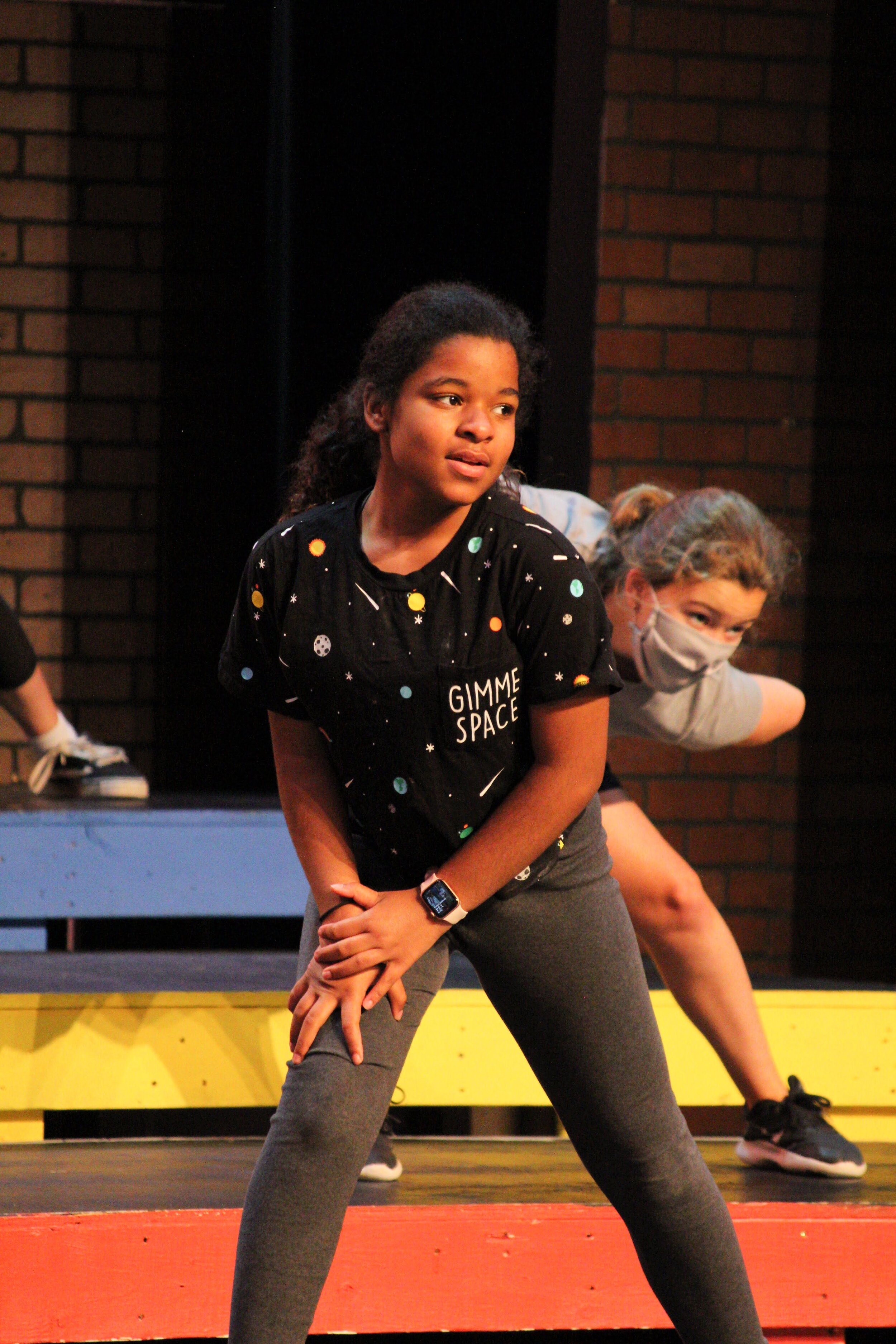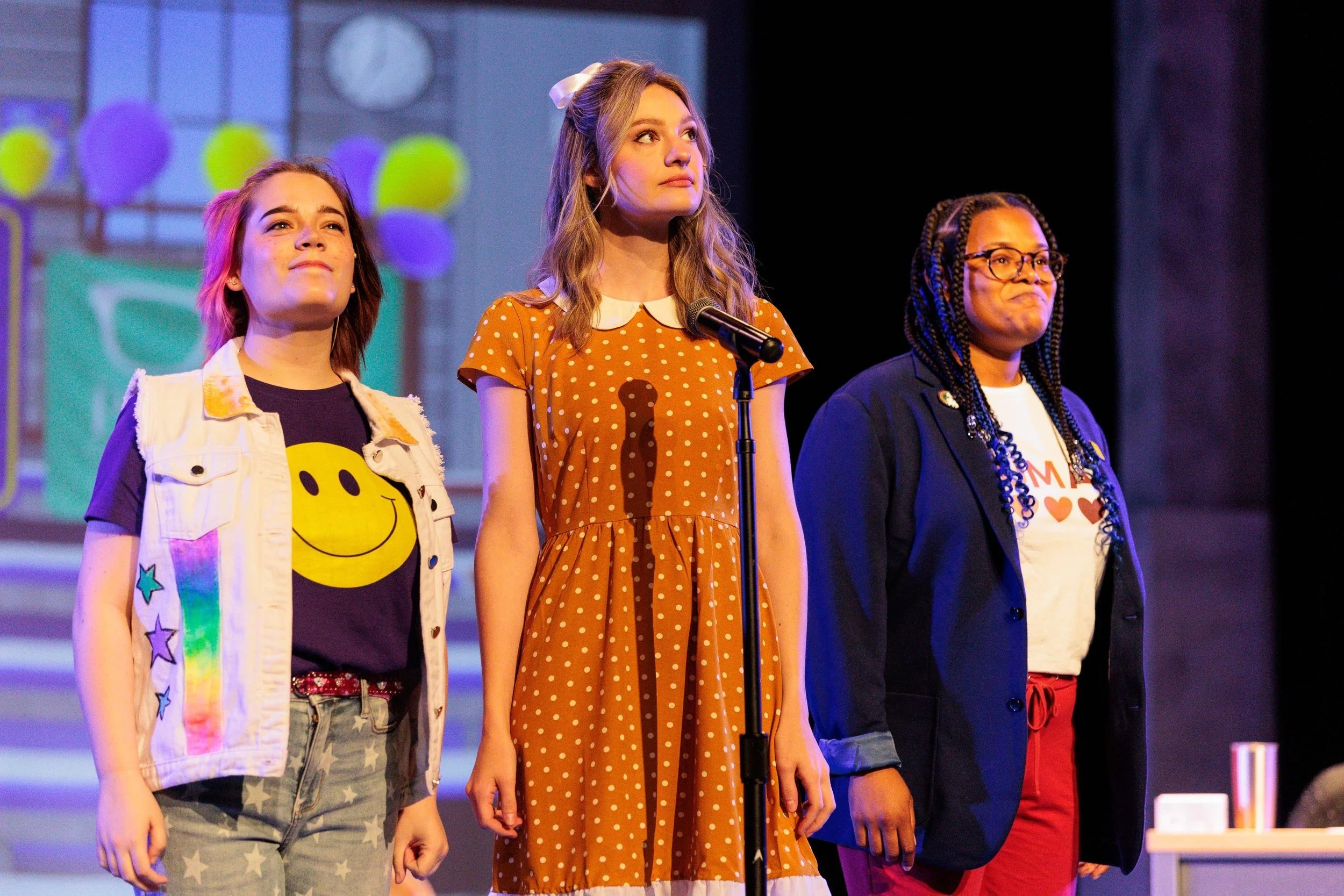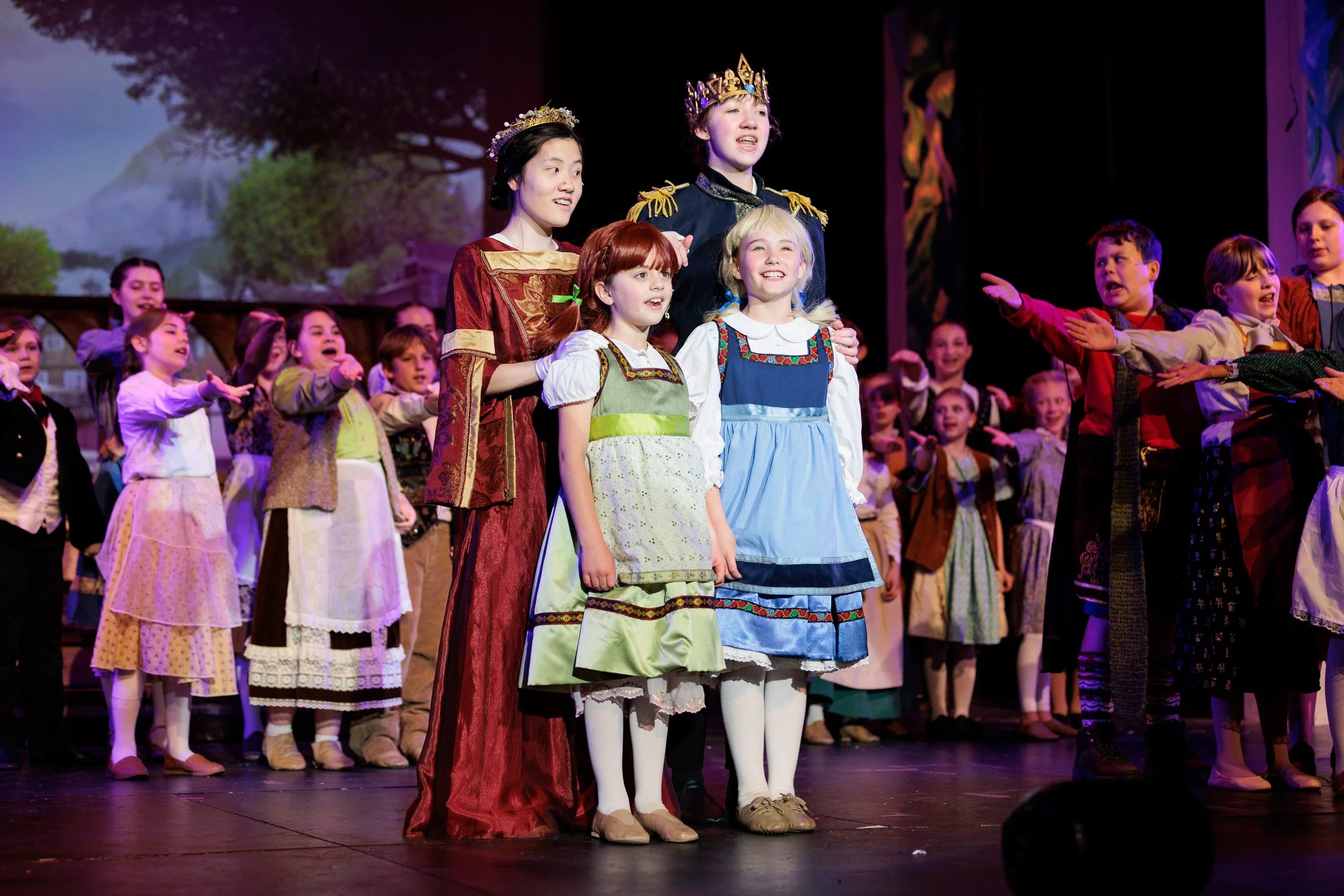DIVERSITY, EQUITY AND INCLUSION
Ashland Productions is committed to building a diverse and inclusive organization reflecting the community we serve. We embrace diversity in our programming, production, hiring, governance and work to foster an equitable and inclusive culture.
Youth Resources
Ashland Productions believes with diversity, both workplace and society prosper.
Adult Resources
Ashland Productions supports and celebrates a heterogenous society where cultures collide and create something anew.
DEI News
Ashland Productions calls attention to and spotlights the many success stories of those near and far from us.
DEI Glossary *
Anti-Racism – “Anti-racism is the active process of identifying and eliminating racism by changing systems, organizational structures, policies and practices and attitudes, so that power is redistributed and shared equitably.” – NAC International Perspectives: Women and Global Solidarity.
Anti-Racist – An Anti-racist is someone who is supporting an Anti-racist policy through their actions or expressing Antiracist ideas. This includes the expression or ideas that racial groups are equals and do not need developing, and supporting policies that reduce racial inequity. (Ibram X Kendi, How to be an Antiracist, Random House, 2019)
Community Engagement – Deliberate action to strengthen bonds or build bridges to existing or new groups of people.
Diversity – Awareness, understanding and recognition of differences of people, including race, socio-economic status, culture, age, education, sexuality, gender, geography, etc.; all the ways we differ from one another; MNOP use of the term contains an actionable quality within it; MNOP values diversity as a way to strengthen its core mission.
Equality – The condition under which every individual is treated in the same way, and is granted same rights and
responsibilities, regardless of their individual differences.
Equity – Ensures that individuals are provided the resources they need to have access to the same opportunities, as the general population; acknowledgment of differences of people and the need for fair, and sometimes different access to resources and information.
Indigenous peoples – According to common definition, those who inhabited a country or a geographical region at the time when people of different cultures or ethnic origins arrived.
Islamophobia – A fear, hatred, or prejudice toward Islam and Muslims that results in a pattern of discrimination and oppression. Islamophobia creates a distorted understanding of Islam and Muslims by transforming the global and historical faith tradition of Islam, along with the rich history of cultural and ethnic diversity of its adherents, into a set of stereotyped characteristics most often reducible to themes of violence, civilizational subversion, and fundamental otherness.
Microaggression – A statement, action, or incident regarded as an instance of indirect, subtle, or unintentional
discrimination against members of a marginalized group such as a racial or ethnic minority. An indirect, subtle, or
unintentional discrimination against member(s) of a multicultural or marginalized group.
Misogyny – Dislike of, contempt for, or ingrained prejudice against women. See also: Transmisogyny and Misogynoir
Sexism – Discrimination, prejudice, or stereotyping on the basis of gender, most often expressed toward girls and women. Sexism manifests at both the individual and the institutional level.
Tokenism – The practice of making only a perfunctory or symbolic effort to do a particular thing, especially by recruiting a small number of people from underrepresented groups in order to give the appearance of sexual or racial equality within a workforce.
Xenophobia – the fear or hatred of that which is perceived to be foreign or strange. It is an expression of perceived conflict between an ingroup and an outgroup and may manifest in suspicion by the one of the other’s activities, a desire to eliminate their presence, and fear of losing national, ethnic or racial identity
Socially Conscious Casting – This is the preferred term to use instead of color blind casting and/or color informed casting. The term refers to the practice of casting with consideration of the performer’s race or skin color, and its social implications within the dominant culture.
* Glossary courtesy of Minnesota Opera. Learn more about their work on diversity, equity and inclusion at mnopera.org/edi.
Please contact Ashland’s Diversity, Equity and Inclusion Committee with questions or comments.
Laura Fenstermaker (Chair) at laura.fenstermaker@gmail.com
Deb Monk
Robert Sutherland at rob@ashlandproductions.org



